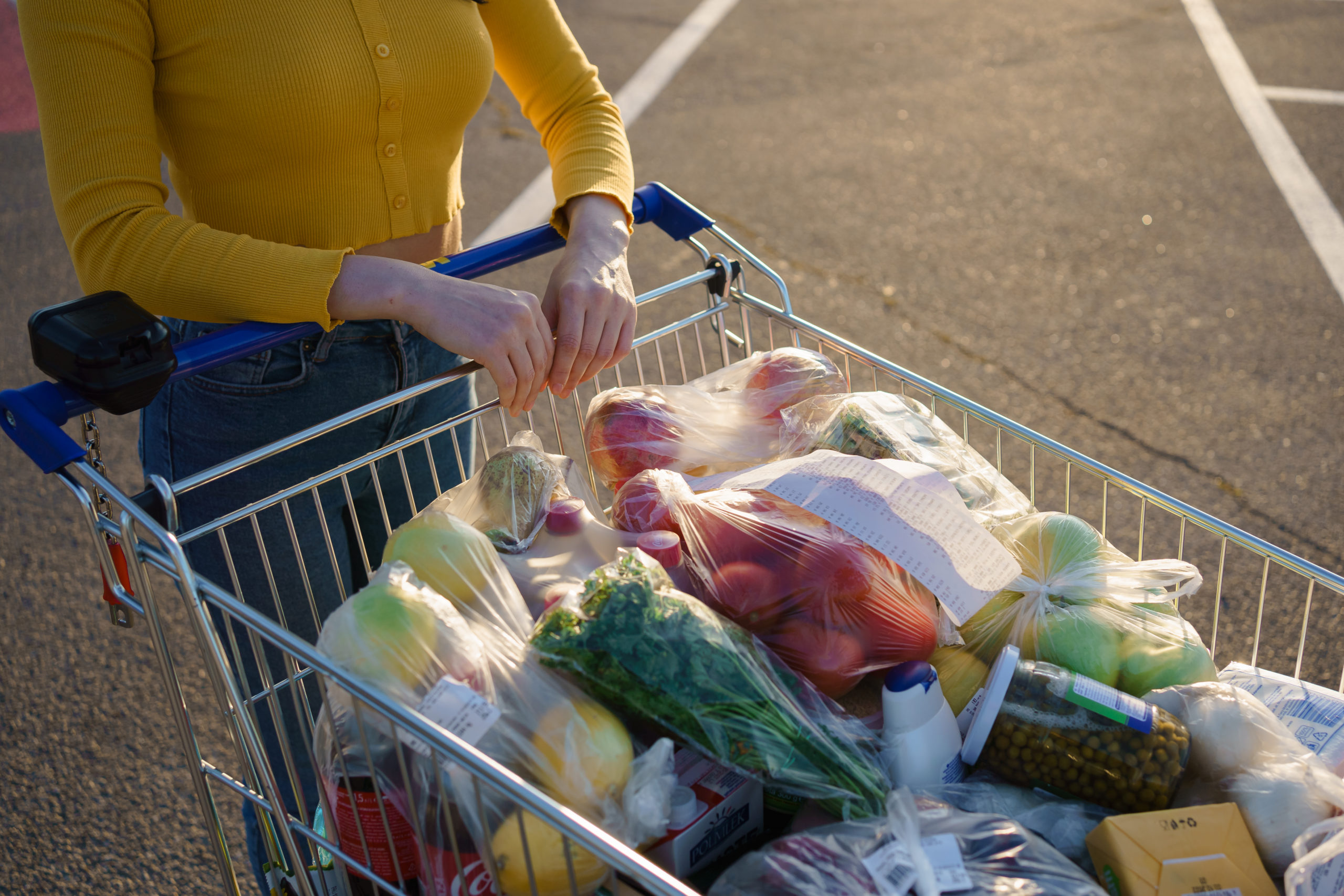From everything I see and hear, the pressure on farmers to make changes to reduce Scope 3 greenhouse gas emissions (GHGs) – the 90-95% of food’s emissions embedded in on-farm production – isn’t going away. If anything, it will increase.
Retailers suggest that they have done much as they can to reduce their Scope 1 and 2 GHG emissions, which is why farming is in their spotlight. Bluntly, they see farmers as the route to achieving their goals. This creates opportunities, but how, is what needs the work, fundamental is the uniting of the farming industry, irrespective of sectoral differences.
The 2023 Oxford Farming Conference (OFC) report, Supply Chain Synergies focused on this drive towards ‘greener’ food, but emphatically stated that the investment and responsibility for delivering had to be co-invested by farmers and their supply chain partners, importantly including retailers.
The postponed launch of the Red Tractor Greener Farms Commitment highlights the difficulties of introducing mechanisms to deliver what a market is asking for, and at some point, soon, will require.
The nub of what I think is the problem is exactly what the OFC report highlighted, which is that farmers cannot, alone, bear the cost of implementing these changes, nor any subsequent loss in productivity.
OFC’s report highlighted the conundrum a ‘disfunction of our food system that delivers, just in time, some of the cheapest quality food in the world,’ yet asks for greener credentials from all suppliers. But then questions how, because ‘the food sector needs to maintain affordable and available food supplies, at a time when farmers are cutting back on production across sectors.’
Sustain’s work has explored a range of everyday products, demonstrating how little, if any, profit goes back to the farmer from retail sales – from 1% for apples to 0.02% (less than a penny) for a block of cheese, to literally nothing for carrots. Cereal production was found to only achieve profit through sheer volume of sales.
If we truly factored in hidden costs of food production, the situation is stark. OFC’s report said: ‘Our food today has hidden costs that are unaccounted for, from health services to environment and society. Examples include fertiliser runoff, carbon emission, or public health. If these hidden costs were incorporated into the cost of the UK’s food, then consumers would need to pay nearly double for their weekly shop.’
The report’s assessment of retailer behaviours was insightful. ‘Procurement teams are rewarded for meeting sales, cost and volume targets and are at the forefront of delivering cost savings and profit. There is little opportunity for sustainability to make an impact when it is not yet valued, commercialised, or included in the corporate value proposition.’
So, looking forward to the 2024 Oxford Farming Conference, which runs from 3-5 January, a follow up report is going to be launched. It builds on the 2023 report and – based on interviews with farmers and growers – it will look more closely at the supplier and retailer relationship and how ‘broken’ the supply chain has become. I’ve had a read of it, and I would urge anyone with an interest in how the situation might be improved to come along to the Conference – in person or online.
While the thought of climbing out of the sofa on January 3, and walking away from the diminishing tin of Quality Street, may seem unappealing, I have been to nearly 20 OFCs since the late 1990s and would say it’s a must to discuss and debate gnarly issues like ensuring fair supply chains. At Oxford everyone in the supply chain is represented, so it’s an ideal place to have the conversations that matter.
